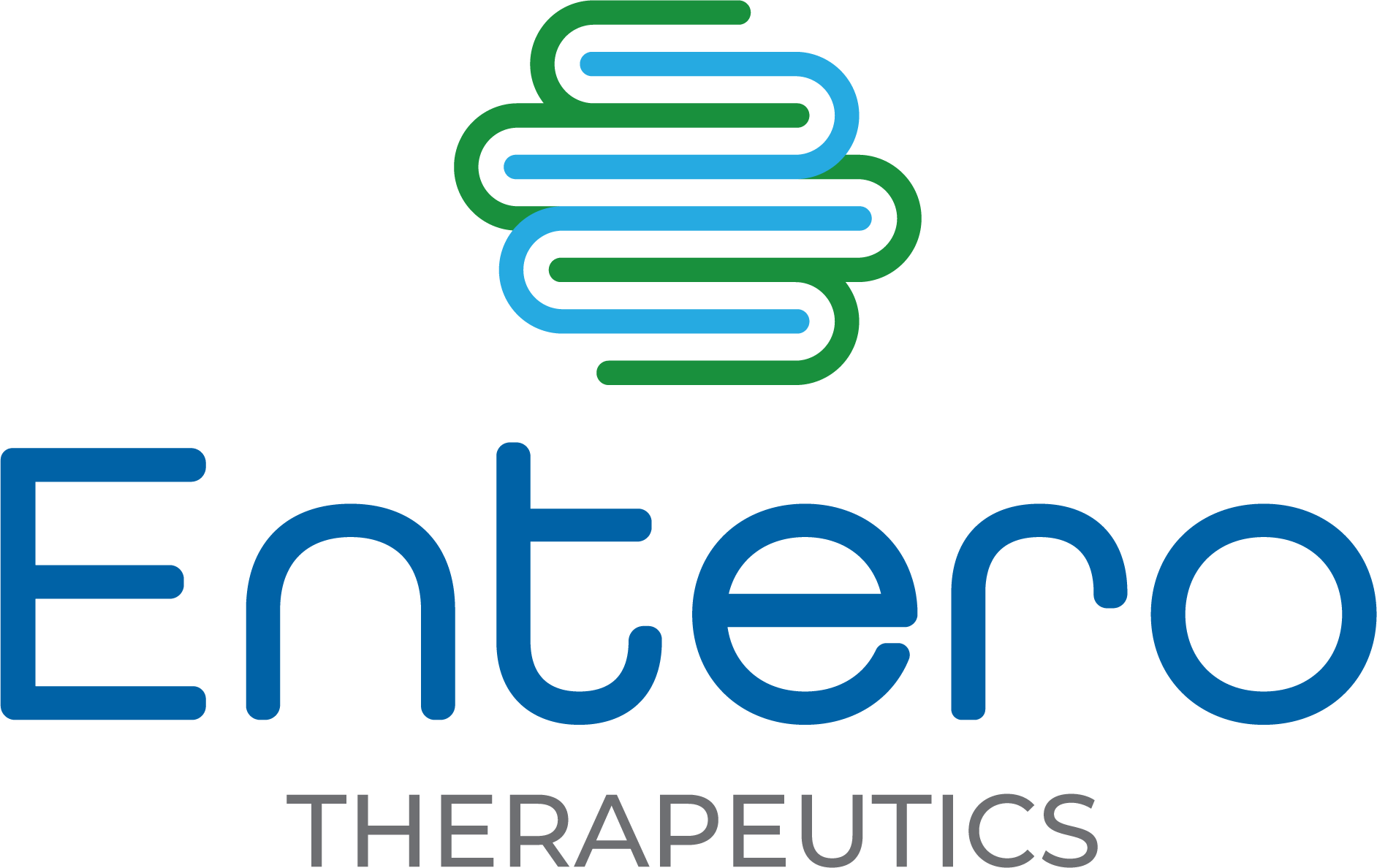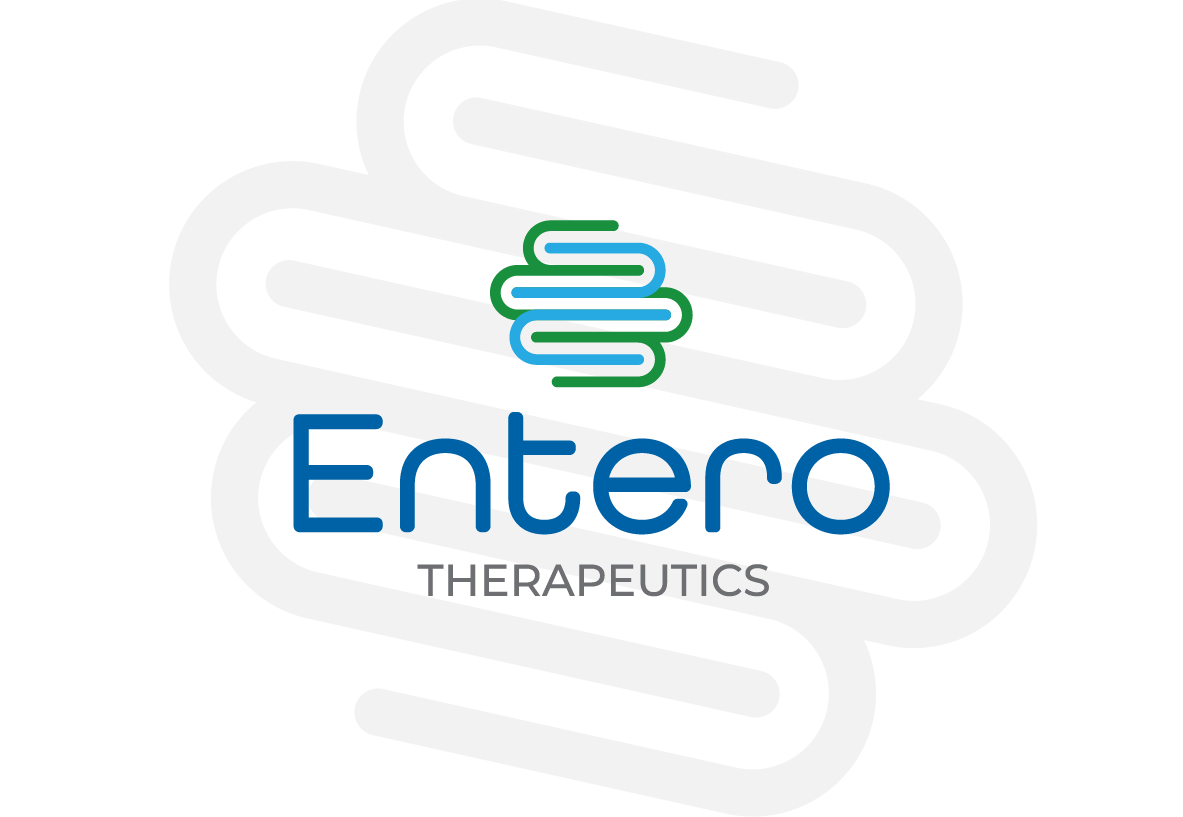- Data from first five patients demonstrate positive results with primary efficacy and secondary safety endpoints achieved
- Clinically meaningful improvement (>80%) in coefficient of fat absorption (CFA) for all patients across all dose levels of MS1819
- Topline data from full dataset anticipated in 1Q 2021
Management to discuss the interim results on call scheduled for today, August 11, 2020, at 4:30 p.m. Eastern Time
NEW YORK, Aug. 11, 2020 (GLOBE NEWSWIRE) -- AzurRx BioPharma, Inc. (NASDAQ:AZRX) (“AzurRx” or the “Company”), a company specializing in the development of non-systemic, recombinant therapies for gastrointestinal diseases, today announced positive results from the first five patients in its Phase 2 combination therapy trial of MS1819 for the treatment of severe exocrine pancreatic insufficiency (EPI) in patients with cystic fibrosis (CF).
In the primary efficacy analysis, patients receiving MS1819 in combination with PERT therapy achieved a clinically meaningful improvement in the coefficient of fat absorption (CFA) at each of the three dose levels, with no adverse safety events reported. Additionally, patients showed improvements in the key secondary endpoints, including body weight, stool consistency and reductions in the number of bowel movements and the incidence of steatorrhea.
Results from the initial five patients in the trial show an improvement in CFA above 80% (the FDA’s measure for adequate nutrition) across all dose levels and on all visits. Mean CFA at the 700mg/day, 1200 mg/day and 2240 mg/day doses of MS1819 plus standard of care were 88.4%, 87.2% and 86.5% respectively, compared to baseline level (78.4%). This represents an average increase of 9 points in CFA during the trial.
“We are thrilled to see such consistently positive responses from these initial patients in our ongoing Phase 2 combination therapy trial with MS1819. EPI is a very challenging disease with many CF patients unable to achieve healthy nutrition even when using the maximum number of allowed or tolerated PERT capsules, especially those in the moderate-severe categories,” said James Sapirstein, Chief Executive Officer of AzurRx. “We look forward to completing treatment of all patients and announcing top line data in 2021.”
Dr. James Pennington, Chief Medical Officer of AzurRx added, “To see these results in the first five patients is quite compelling. With its safety and efficacy profile, MS1819 has the potential to meaningfully improve the quality of life for many patients with severe EPI. The pill burden of PERT therapy alone is quite challenging for most patients, and for severe EPI patients the symptoms of the disease can be debilitating. We believe that a small daily dose of MS1819, when added to their daily dose of PERT, has the potential to safely help CF patients meet their nutritional needs, decrease abdominal pain and alleviate multiple morbidities caused by severe EPI. We are excited to continue developing this exciting therapy and are committed to bringing this therapy to market.”
The Phase 2 clinical trial of MS1819 in combination with PERT therapy in the treatment of CF patients with severe exocrine pancreatic insufficiency is a multi-center study designed to investigate the safety, tolerability and efficacy of escalating doses of MS1819, in conjunction with a stable dose of PERTs in order to increase the patient’s CFA levels and relieve abdominal symptoms. The study is expected to enroll 24 patients, 12 years of age or older, with severe EPI, with the goal of having at least 20 patients completing. Patients enrolled in the study receive escalating doses of 700mg, 1200mg, and 2240mg of MS1819 once a day for 15 days per dosing level, in addition to their standard PERT therapy. Baseline CFA is established by measuring CFA levels while on standard of care therapy only, before beginning combination therapy. Eligibility requires a CFA of less than 80%. The primary efficacy endpoint of the trial is improvement in CFA; secondary endpoints of the study are improvements in the stool weight, stool consistency, number of bowel movements, the incidence of steatorrhea, and increase of body weight.
Additional information about the ongoing Combination Therapy study can be found at: https://clinicaltrials.gov/ct2/show/NCT04302662
Conference Call and Webcast Information
The management team will host a conference call to discuss results from the five patients in the Phase 2 study of MS1819 in combination with PERT therapy, today, Tuesday, August 11, 2020 at 4:30 pm Eastern Time. To participate in the call, dial 877-407-0784 (domestic) or 201-689-8560 (international) fifteen minutes before the conference call begins and reference the conference passcode 13707811. The live conference call can be accessed via audio webcast at http://public.viavid.com/index.php?id=141064. A replay of the call will be available on the “Investor Relations” section of the Company’s website (www.azurrx.com).
About the MS1819 Combination Therapy Study
The digestive standard of care for both CF and chronic pancreatitis (CP) patients with EPI are commercially-available PERTs. Ideally, a stable daily dose of PERT will enable CF patients to eat a normal to high-fat diet and minimize unpleasant gastrointestinal symptoms. In practice, however, a substantial number of CF patients do not achieve normal absorption of fat with PERTs(1,2). Achieving an optimal nutritional status, including normal fat absorption levels, in CF patients is important for maintaining better pulmonary function, physical performance and prolonging survival. Furthermore, a decline of body mass index around the age of 18 years predicts a substantial drop in lung function(3,4).
A combination therapy of PERT and MS1819 has the potential to: (i) correct macronutrient and micronutrient maldigestion; (ii) eliminate abdominal symptoms attributable to maldigestion; and (iii) sustain optimal nutritional status on a normal diet in CF patients with severe EPI. Planned enrollment is expected to include approximately 24 CF patients with severe EPI, with study completion anticipated in 1Q 2021.
About MS1819
MS1819 is a recombinant lipase enzyme for the treatment of exocrine pancreatic insufficiency associated with cystic fibrosis and chronic pancreatitis. MS1819, supplied as an oral non-systemic biologic capsule, is derived from the Yarrowia lipolytica yeast lipase and breaks up fat molecules in the digestive tract of EPI patients so that they can be absorbed as nutrients. Unlike the standard of care, the MS1819 synthetic lipase does not contain any animal products.
About Exocrine Pancreatic Insufficiency
EPI is a condition characterized by deficiency of the exocrine pancreatic enzymes, resulting in a patient’s inability to digest food properly, or maldigestion. The deficiency in this enzyme can be responsible for greasy diarrhea, fecal urge and weight loss.
There are more than 30,000 patients in the U.S. with EPI caused by cystic fibrosis according to the Cystic Fibrosis Foundation and approximately 90,000 patients in the U.S with EPI caused by chronic pancreatitis according to the National Pancreas Foundation. Patients are currently treated with porcine pancreatic enzyme replacement pills.
About AzurRx BioPharma, Inc.
AzurRx BioPharma, Inc. (NASDAQ: AZRX) is a biopharmaceutical company specialized in the research and development of non-systemic biologics for gastrointestinal disorders. The Company is focused on the development of its lead drug candidate, MS1819. AzurRx is currently conducting two Phase 2 clinical trials of MS1819: the OPTION 2 monotherapy trial, and the Combination therapy trial, consisting of MS1819 in conjunction with porcine-derived pancreatic enzyme replacement therapy, the current standard of care. The Company is headquartered in New York, NY, with scientific operations based in Langlade, France and clinical operations in Hayward, California. Additional information on the Company can be found at www.azurrx.com.
Forward-Looking Statements
This press release may contain certain statements relating to future results which are forward-looking statements. These statements are not historical facts, but instead represent only the Company’s belief regarding future events, many of which, by their nature, are inherently uncertain and outside of the Company’s control. It is possible that the Company’s actual results and financial condition may differ, possibly materially, from the anticipated results and financial condition indicated in these forward-looking statements, including whether results obtained in preclinical and nonclinical studies and clinical trials will be indicative of results obtained in future clinical trials; whether preliminary or interim results from a clinical trial such as the interim results presented will be indicative of the final results of the trial. Additional information concerning the Company and its business, including a discussion of factors that could materially affect the Company’s financial results, including those related to the clinical development of MS1819, the results of its clinical trials, and the impact of the coronavirus (COVID-19) pandemic on the Company’s operations and current and planned clinical trials, including, but not limited to delays in clinical trial recruitment and participation are contained in the Company’s Annual Report on Form 10-K for the year ended December 31, 2019 under the heading “Risk Factors,” as well as the Company’s subsequent filings with the Securities and Exchange Commission. All forward-looking statements included in this press release are made only as of the date of this press release, and we do not undertake any obligation to publicly update or correct any forward-looking statements to reflect events or circumstances that subsequently occur or of which we hereafter become aware.
For more information:
AzurRx BioPharma, Inc.
760 Parkside Avenue, Suite 304
Brooklyn, NY 11226
Phone: (646)-699-7855
Investor Relations contact:
LifeSci Advisors, LLC.
Hans Vitzthum, Managing Director
1 International Place, Suite 1480
Boston, MA 02110
Phone: 617-430-7578
References
(1) Freedman, S.D., Am. J. Manag. Care, 2017; 23: S2220-S228
(2) Littlewood, J. et al, 2006, Pediatric Pulmonology, 2006, 41:35-49
(3) Engelen, M. et al, 2014, Curr. Opin. Clin. Nutr. Metab. Care; 17(6):515-520
(4) Vandenbranden, S.L. et al, 2012, Pediatric Pulmonology, 2012; 47(2): 135-143

